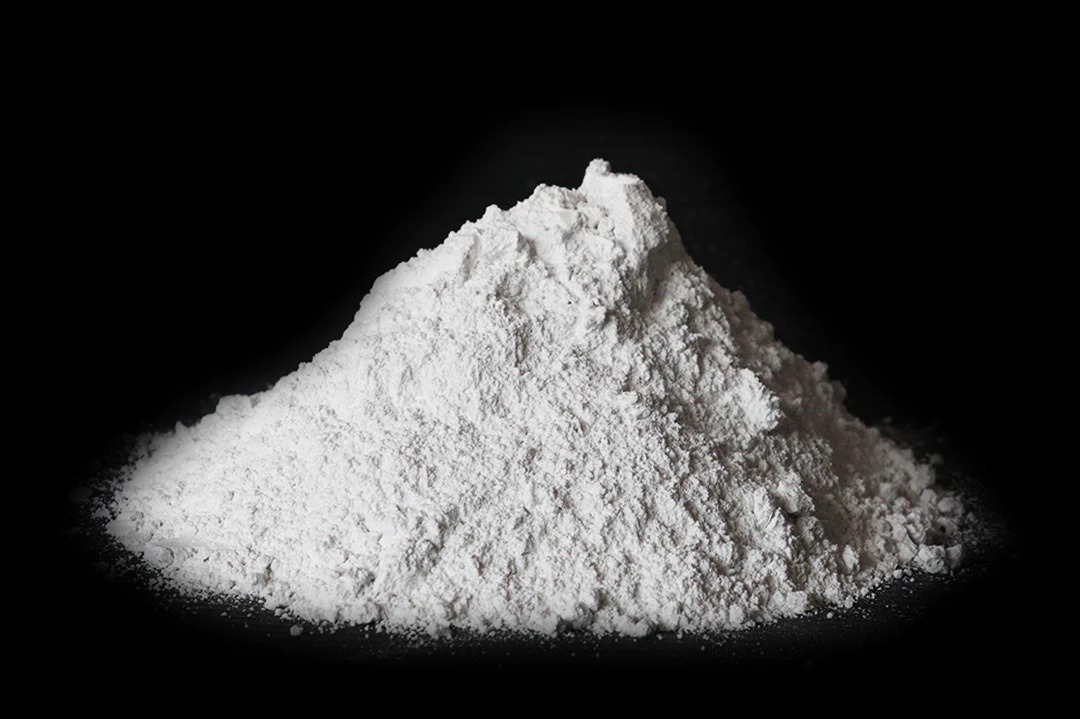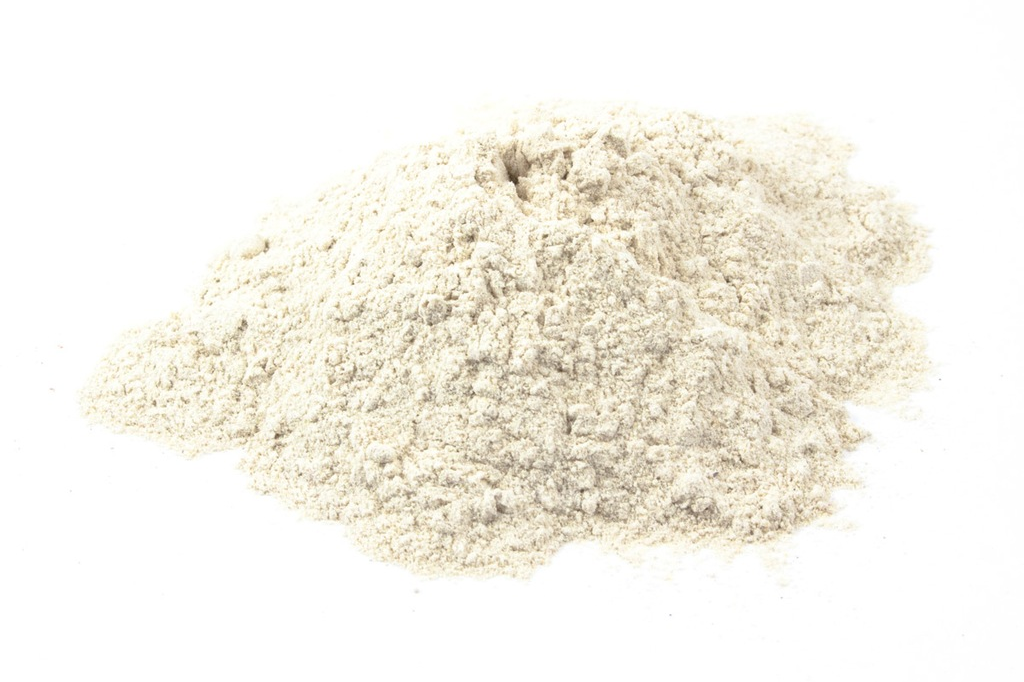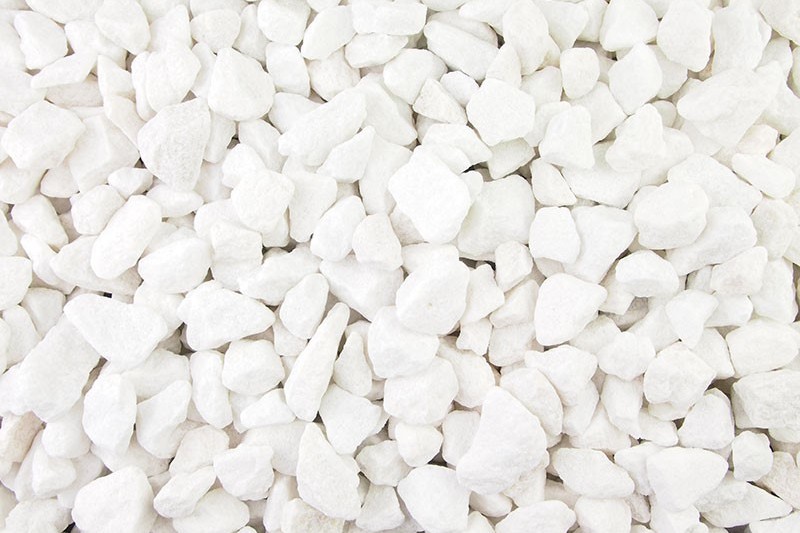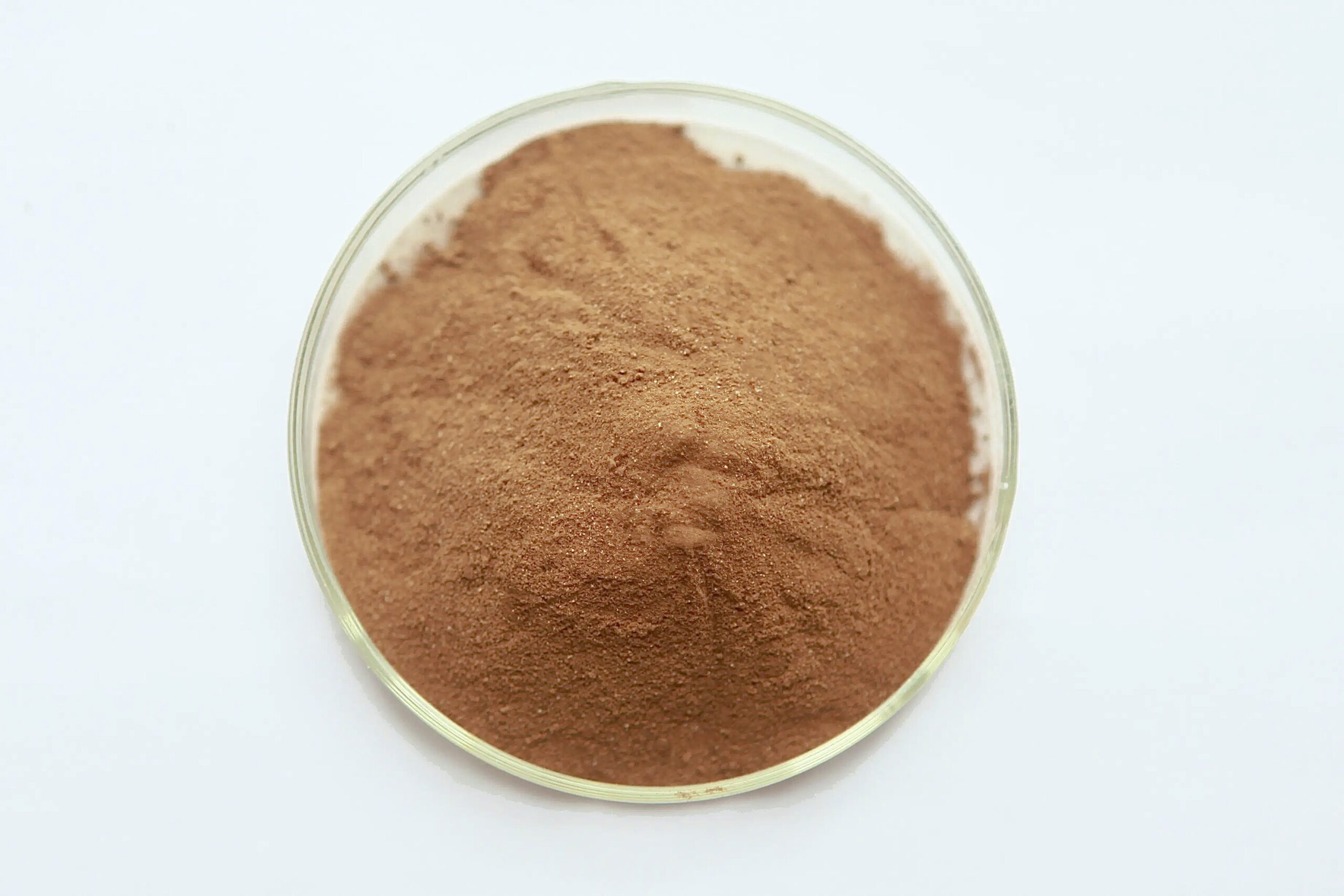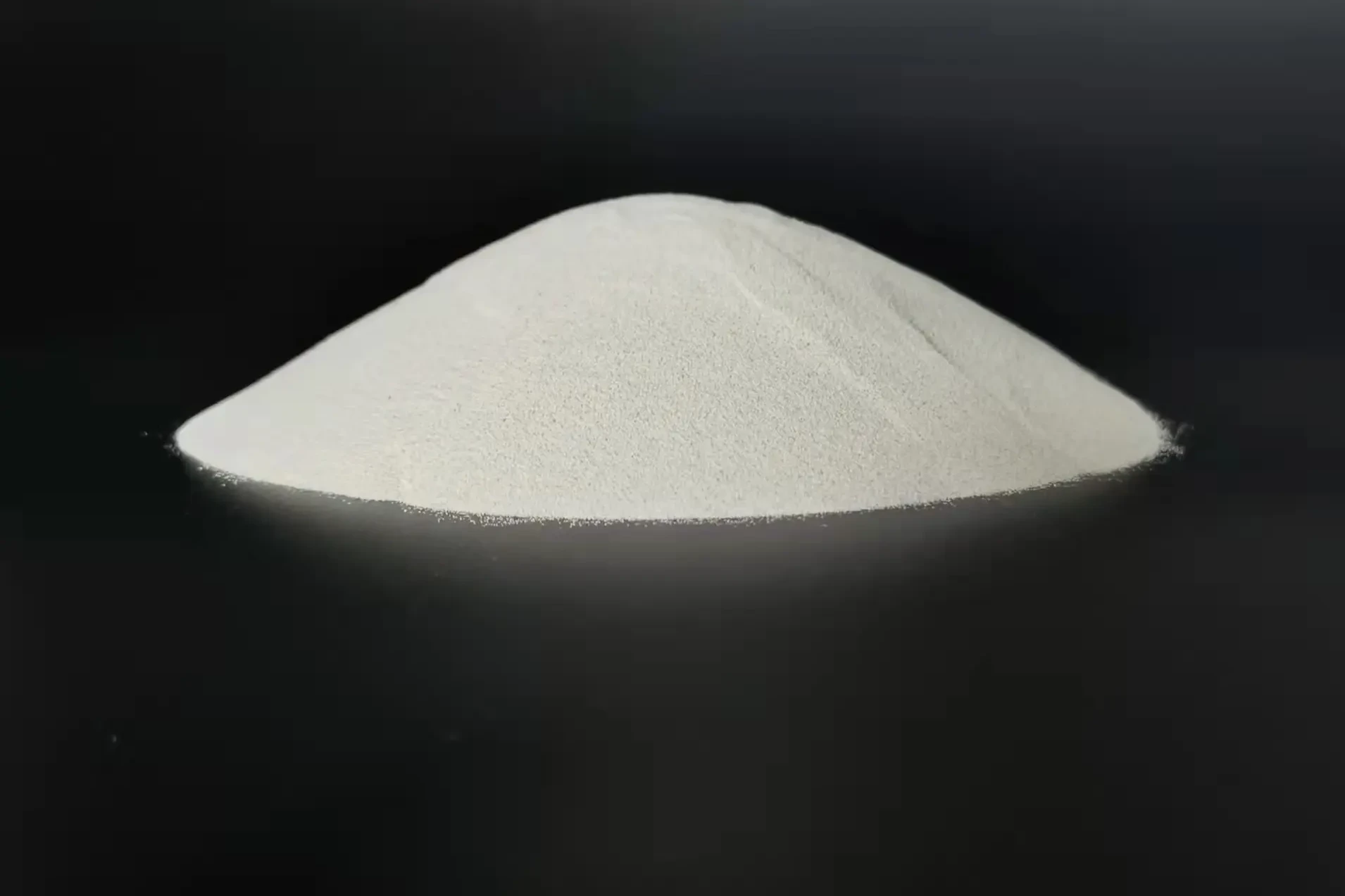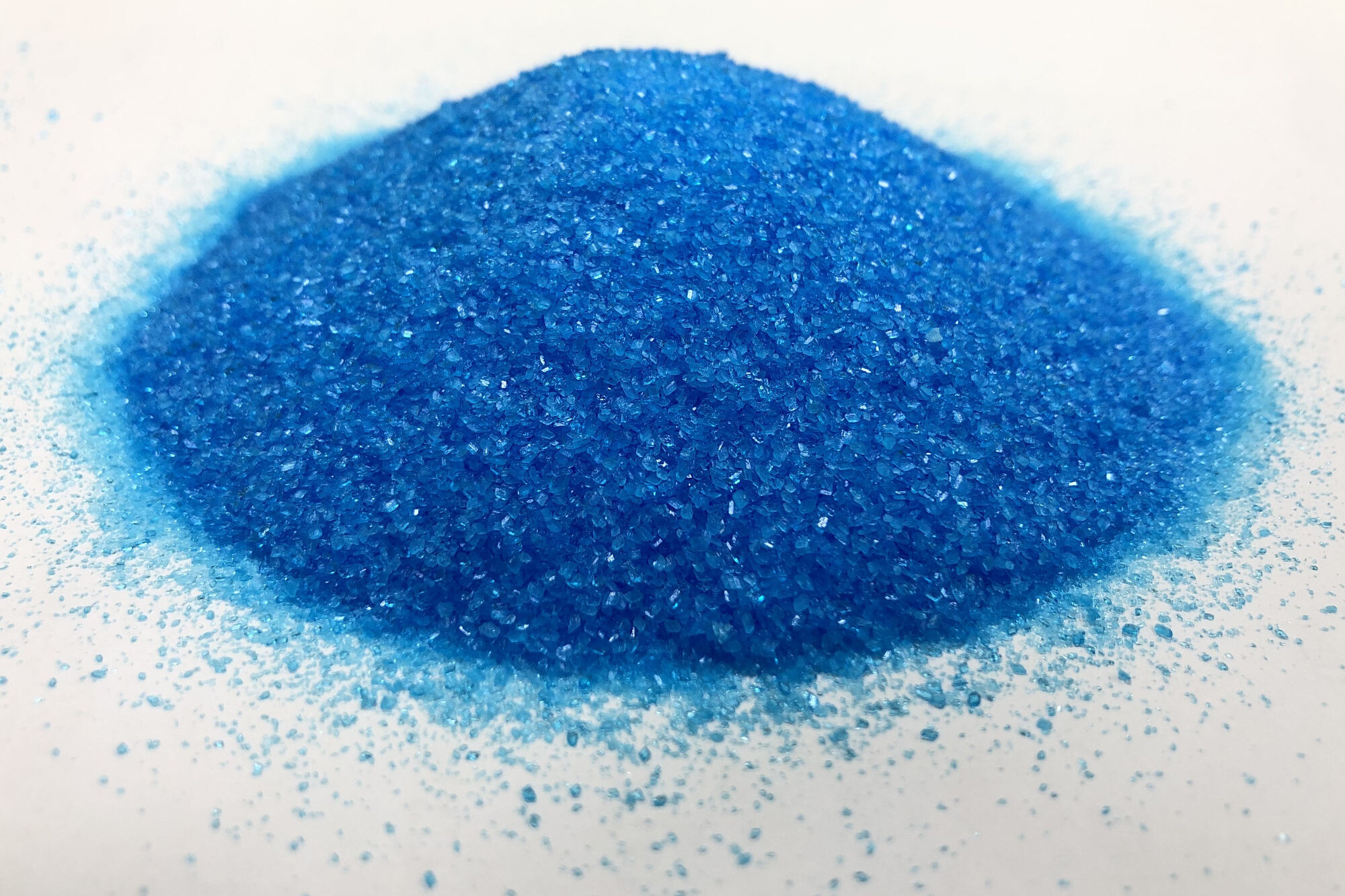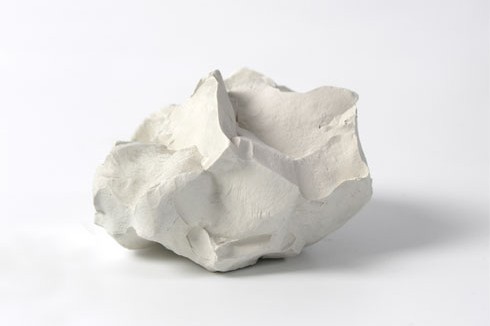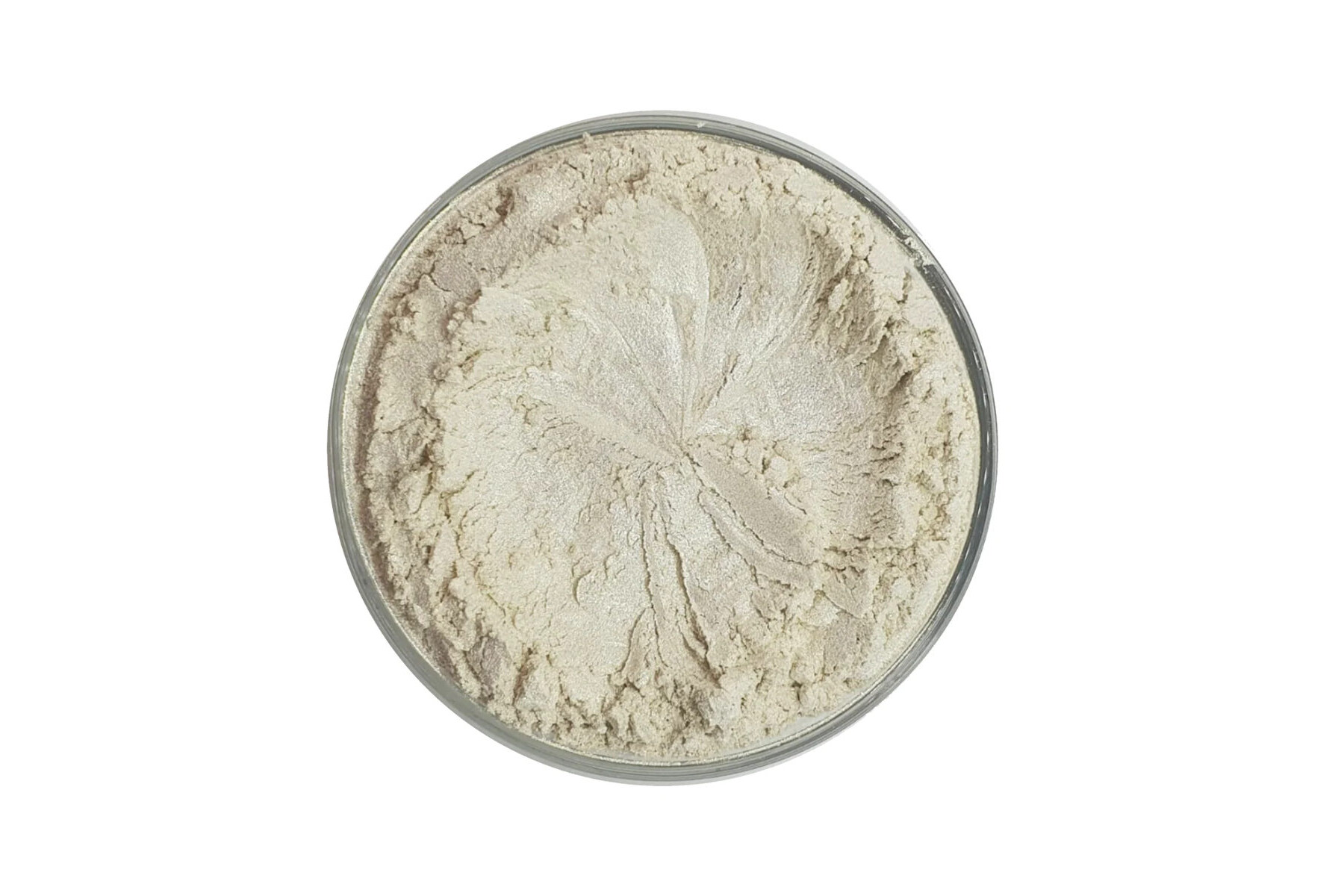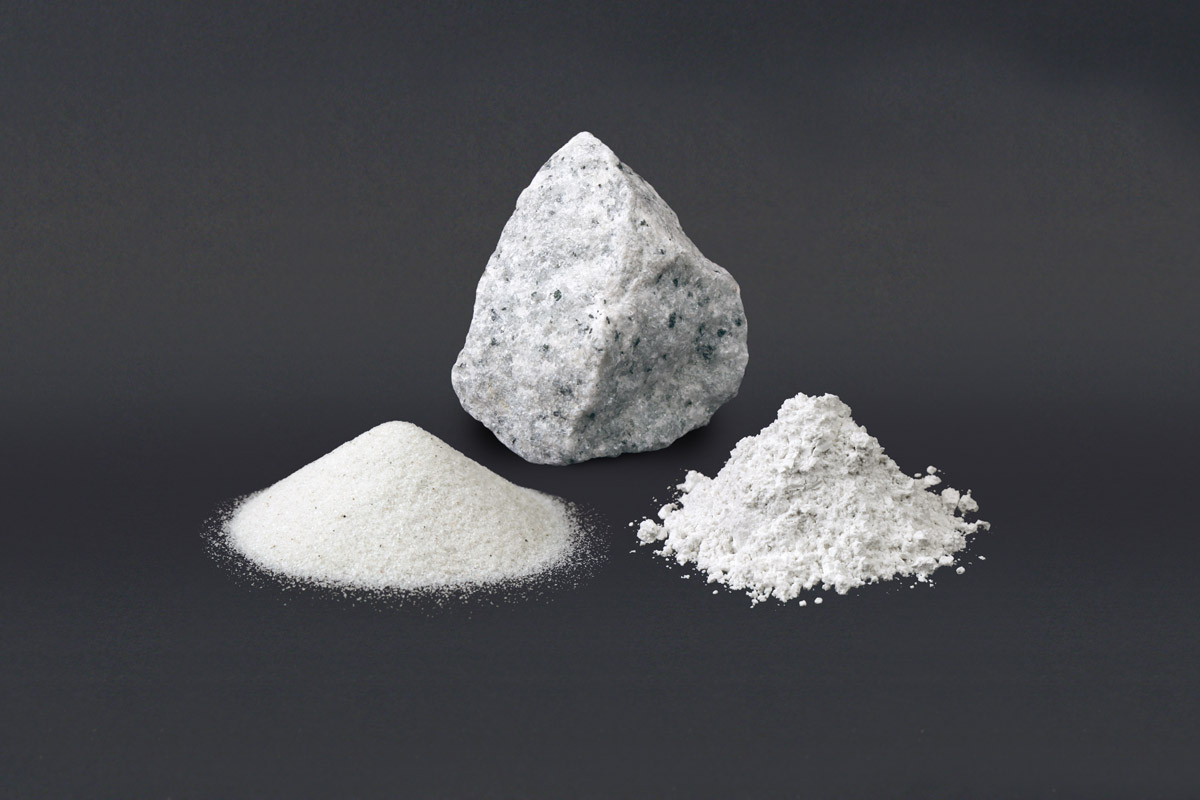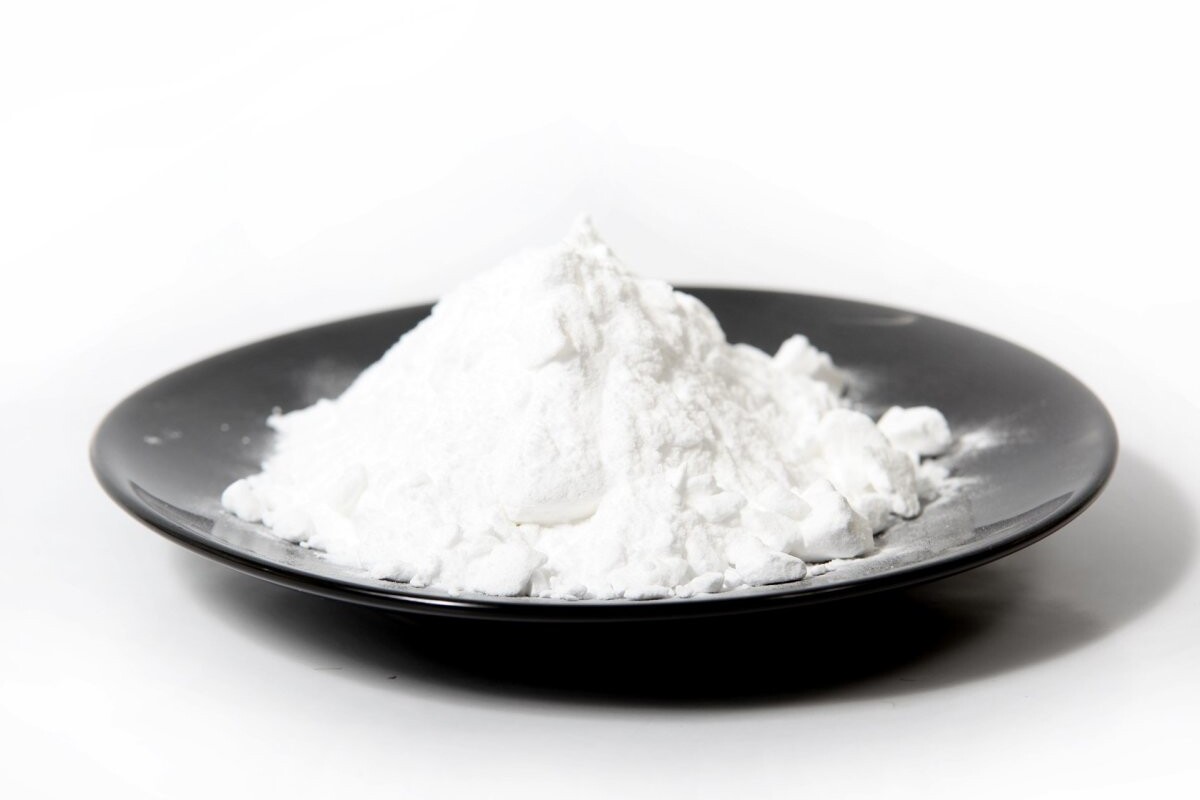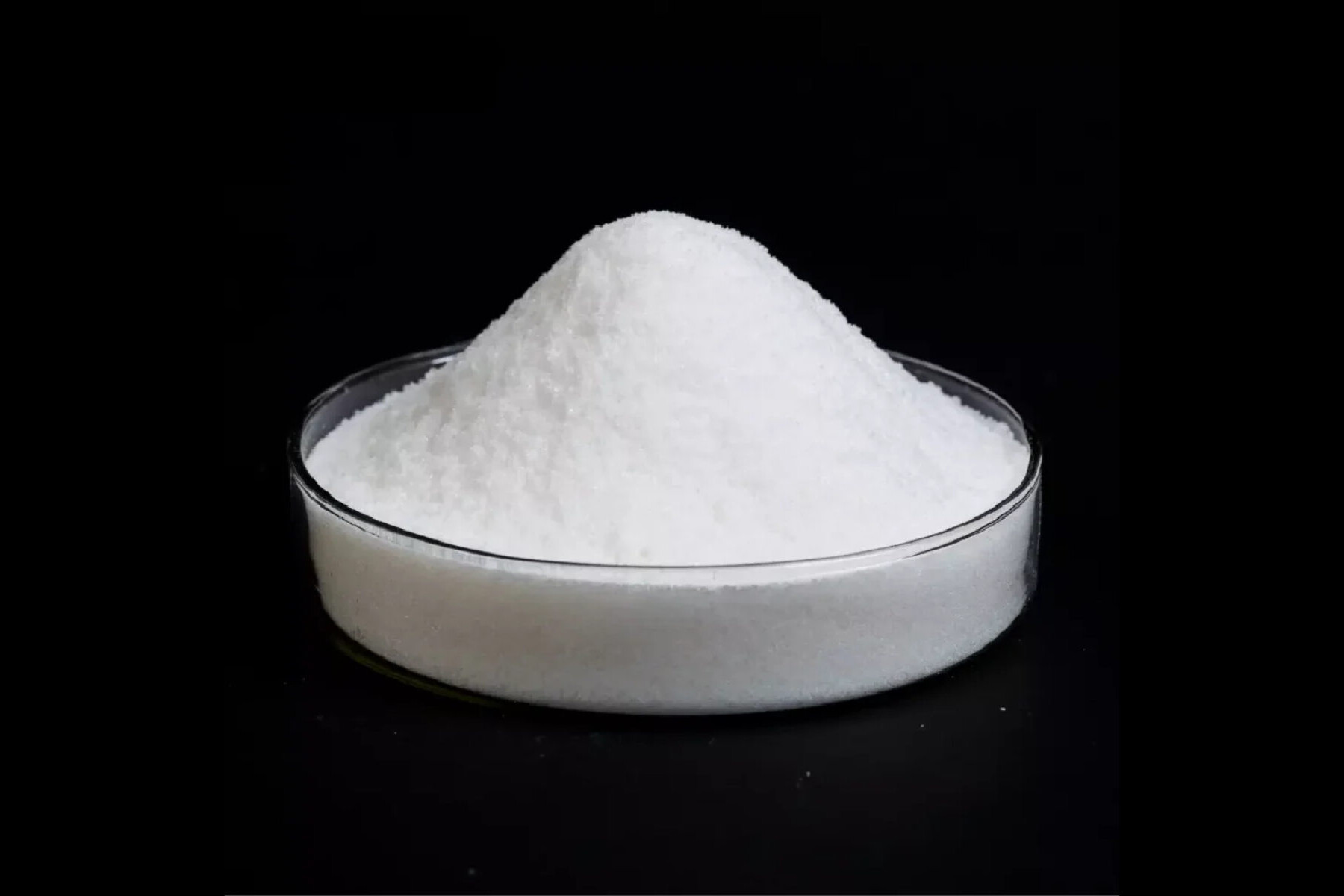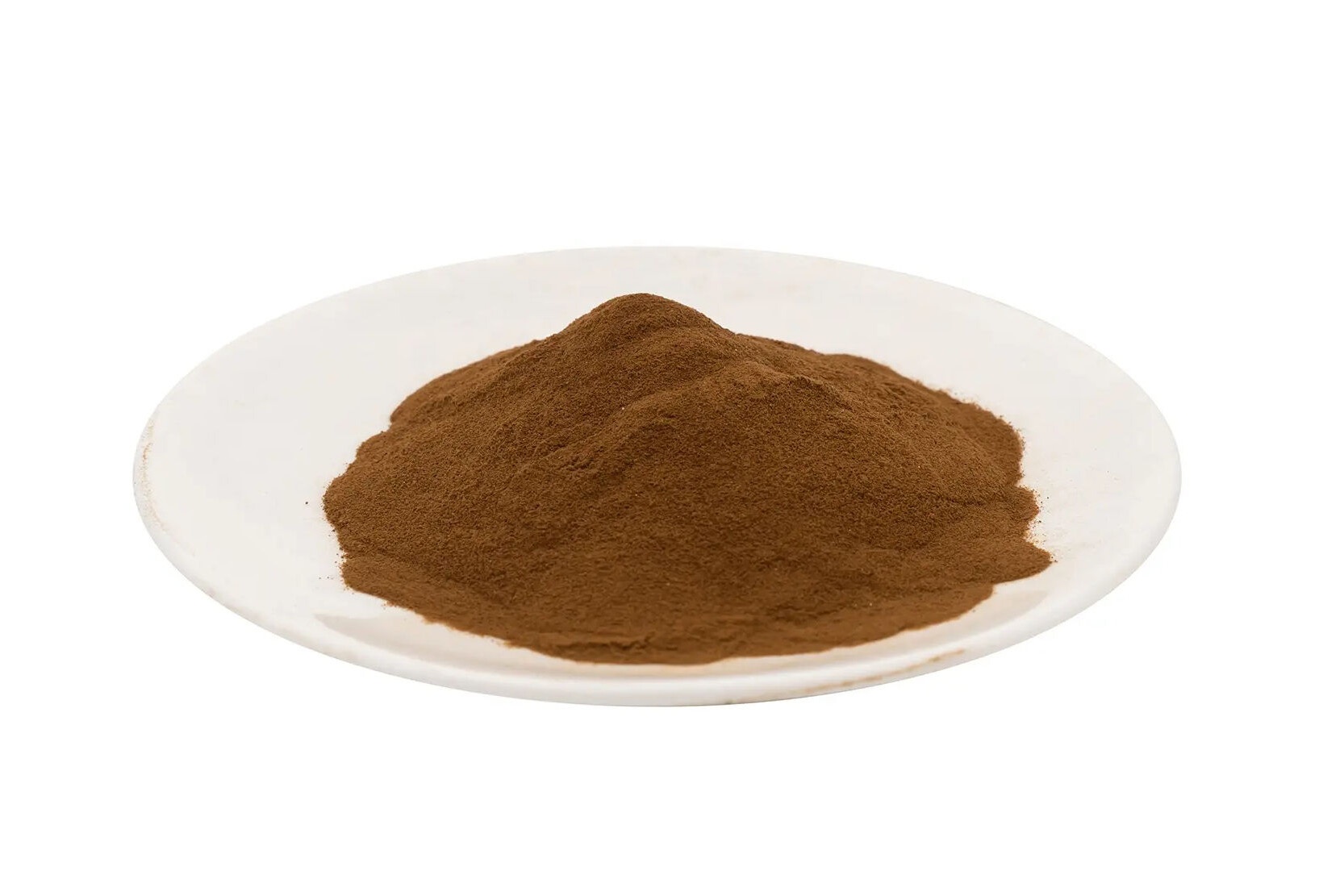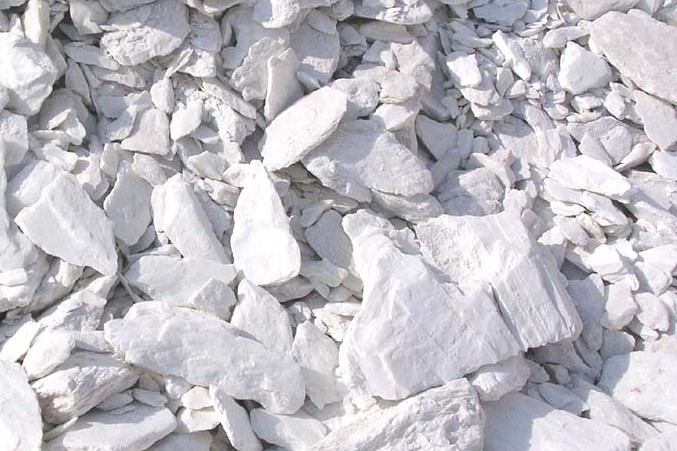Calcium Chloride
Calcium chloride (CaCl₂) is a chemical compound composed of calcium and chlorine. It is a salt that occurs in nature as a mineral, but it is also produced synthetically for various industrial applications. Calcium chloride is hygroscopic, meaning it has the ability to absorb moisture from the air.
Here are some key properties and uses of calcium chloride:
Calcium chloride (CaCl₂) possesses several key properties that make it useful for various industrial and commercial applications. Here are some of its key properties:
- Hygroscopicity: Calcium chloride is highly hygroscopic, meaning it has a strong affinity for water and readily absorbs moisture from the air. This property makes it effective for applications where drying or dehumidification is required.
- Solubility: Calcium chloride is highly soluble in water, and it dissolves exothermically, releasing heat. This characteristic contributes to its effectiveness in de-icing applications and as a desiccant.
- Melting Point: The compound has a relatively low melting point. When dissolved in water, it can generate a brine solution with a freezing point lower than that of water, making it useful in de-icing to melt ice and prevent further ice formation.
- Dust Control: Calcium chloride can be used to control dust on roads and in industrial settings. It attracts moisture from the air, preventing the formation of airborne particles.
- Density: In the oil and gas industry, calcium chloride is used in drilling fluids to increase the density of the mud. This helps control pressure in oil wells and prevents the swelling of clay formations.
- Accelerates Setting of Concrete: Calcium chloride is employed as an accelerator in concrete mixes, particularly in cold weather, to speed up the setting and curing of concrete.
- Firming Agent: In the food industry, calcium chloride is used as a firming agent for fruits and vegetables. It helps maintain the texture of certain food products.
- Desiccant: Due to its ability to absorb moisture, calcium chloride is used as a desiccant in packaging to protect goods that are sensitive to humidity.
- Corrosion Inhibitor: In some applications, calcium chloride can act as a corrosion inhibitor, protecting metals from rust and corrosion.
- pH Regulation: Calcium chloride can influence the pH of solutions. It is often used to adjust the acidity or alkalinity of certain processes.
- Heat-Producing Reaction: When calcium chloride dissolves in water, it releases heat. This exothermic reaction can be advantageous in applications where heat generation is desirable.
Primary Applications
Calcium chloride (CaCl₂) is used in various industries due to its versatile properties. Some of the industries where calcium chloride finds application include:
- Road Maintenance and Winter Services
- Dust Control
- Construction Industry
- Oil and Gas Industry
- Food Industry
- Chemical Industry
- Pharmaceuticals
- Wastewater Treatment
- Textile Industry
- Mining Industry
- Swimming Pool Maintenance
- Fire Extinguisher Additive
- Natural Gas Production
- Medical and Veterinary
Calcium Chloride Grades
The main grades of calcium chloride raw material include:
- Flake or Pellet Grade:
– This is a common form of calcium chloride and is typically available in the form of flakes or pellets. It is used in de-icing applications, dust control, and various industrial processes. - Liquid Grade:
– Calcium chloride in liquid form is often used in de-icing solutions, as it can be sprayed directly onto surfaces. It is also used in dust control and industrial applications where a liquid form is more convenient.
- Powder Grade:
– Calcium chloride powder is another common form, suitable for various applications such as desiccation, dust control, and certain industrial processes. - Anhydrous Grade:
– Anhydrous calcium chloride is a dehydrated form of the compound, containing little to no water. It is used in applications where the presence of water is undesirable, such as in certain chemical processes. - Food Grade:
– Calcium chloride with a high level of purity is designated as food grade. It is used in the food industry as a firming agent for fruits and vegetables and may also find application in certain food processing and preservation methods. - Technical Grade:
– Technical-grade calcium chloride is a versatile grade used in various industrial applications. It may be employed in processes such as concrete acceleration, dust control, and as a drying agent. - Pharmaceutical Grade:
– Calcium chloride meeting specific purity and quality standards is designated as pharmaceutical grade. It may be used in certain pharmaceutical formulations and medical treatments.
- Reagent Grade:
– Reagent-grade calcium chloride is of a higher purity and is suitable for laboratory and analytical applications where precise and pure chemicals are required.
The choice of calcium chloride grade depends on the intended application, considering factors such as purity, physical form, and any specific requirements of the industry or process. When using calcium chloride in certain applications, it’s essential to select the appropriate grade to ensure optimal performance and safety.
Make an Enquiry
Ed Allen
Sales Manager
Ed handles all enquiries related to Calcium Chloride. Please get in touch using the link below with details of your requirements and we would be happy to help.




